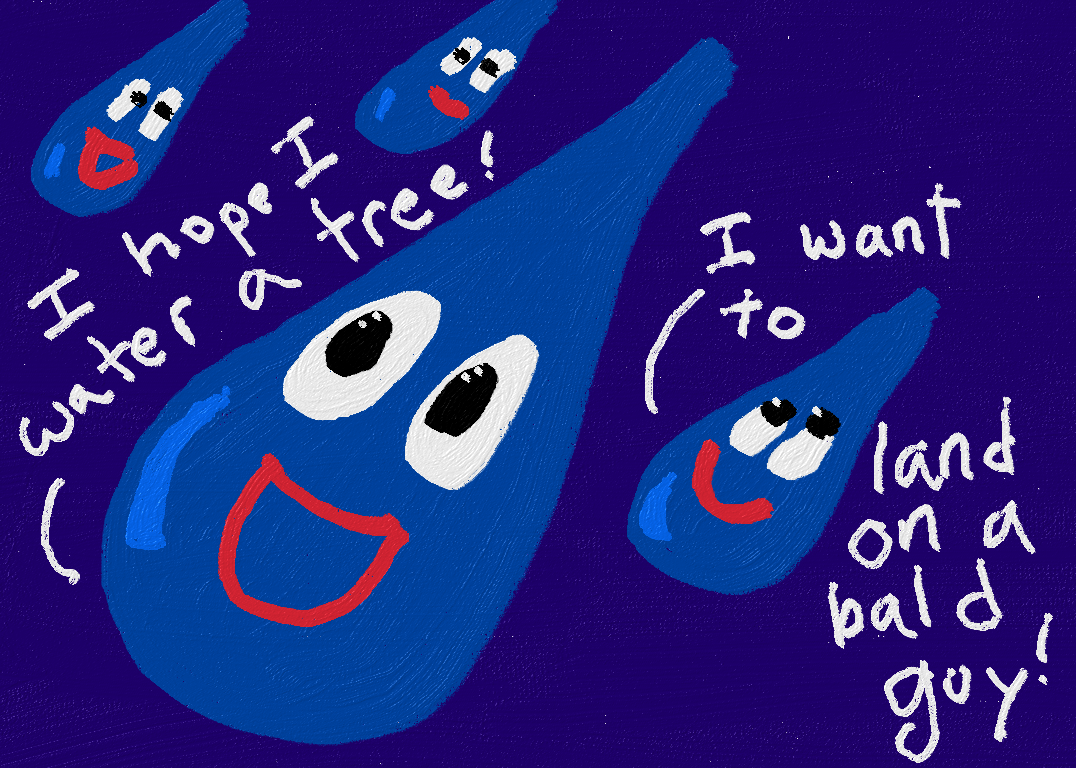Egregious apostrophe sighting: “This was over 40 years ago and it still go’s on.”
***
Saw this one on the street: “DVD’s AND VIDEO’s.” Arrrrgh!!!!
***
“The issue is only confused by it’s advocates.” If its advocates use “it’s” correctly, I’m joining their side!
***
You guys. YOU GUYS. This is the exact opposite of what I was going for when I wrote about apostrophes. I must not have been clear enough, so let me spell it out: I have nothing but sympathy for people who don’t follow our English-class apostrophe rules, because our English-class apostrophe rules are a bizarre stew of pain and suffering. This is not the only thing people have written me about, looking for someone to join them in admonishing the foolish masses. These people are confusing linguists with grammar mavens. For the record, here are three more nitpicks that I deeply do not care about.
1. Literally. I wrote a whole article about contronyms once and the only reaction I got was to the single sentence involving “literally.” Doesn’t anybody care about my awesome coinage of “contramphiboly”?
The so-called problem: “Literally” can only be used for statements of exact truth. Those who use “literally” to emphasize a non-true statement are bad people. The statement “My head is about to literally explode” can only be followed by this:
Why I don’t care: “Literally” is a member of a group of words called intensifiers, which are used to show the high degree of something. Like all words, their boundaries are fuzzy, and their emphasis can shift with time; in fact, intensifiers are known for zipping through meanings more quickly than most words. When verray, from the Latin verus “truth,” arrived in English in the 1200s, it was used very specifically for truthfulness:
The compyler here-of shuld translat veray so holy a story. (1485)
But it soon began to be used as a vaguer intensifier, and that meaning grew stronger over time. As the more truth-oriented meaning began to slip away, I’m sure elders harangued their teenagers about it, and grumbled to each other about the laziness and lack of grammar in the younger generation. Yet verray became very, an intensifier so general that we hardly notice it now. Is our language impoverished for it? Did it bring ruination upon English? If in another thousand years English speakers use litly as the most general intensifier, who will weep?
“Literally” has grown a second, figurative meaning, and I’m not about to get upset about that, any more than when you tell me your friend is “totally crazy” I would argue no, she is clearly only 86% crazy. Intensifiers grow vaguer or more specific all the time – getting emotionally invested in stopping an intensifier from changing is a guaranteed way of bringing frustration and angst on yourself, and will do little else.
2. Hopefully.
The so-called problem: “Hopefully” should only be used attached to a verb, to say that the verb was done in a hopeful manner. It shouldn’t be used as a sentence-level adverb, to say that the speaker hopes the sentence will happen. Using “hopefully” for both is confusing.
Why I don’t care: It isn’t confusing in the slightest. If you can read a sentence like “Hopefully it’ll rain tomorrow” and decide it means this…
…then you are being purposefully obtuse. There is a whole class of adverbs that can be used to show the speaker’s attitude towards the rest of the sentence. Honestly, fortunately, mercifully, clearly, disappointingly, happily, encouragingly, oddly, admittedly, surprisingly, surely, unbelievably, and notably, just to name a few of the HUNDREDS of adverbs that work this way. Why exactly has “hopefully” been deemed a pariah? Come back in from the cold, poor dear.
3. Less and fewer.
The so-called problem: “Less” is for uncountable nouns – less water, less ice, less air. “Fewer” is for countable nouns – fewer cats, fewer buildings, fewer delicious brownies left in the tray. Supermarket checkout signs that read “Ten Items or Less” are a harbinger of the intellectual downfall of civilization.
Why I don’t care: I think most of the people who care about this don’t even realize that we get along perfectly well without this distinction in the opposite direction – more water and more cats, more air and more brownies. Having both “less” and “fewer” is unnecessary, and my guess is that in time we’ll lose “fewer” entirely. We’ll just have “more” and “less,” more or less.
To a linguist, there are no lesser language-users. Only different language-users. We are not so impressed by authority that we call one variety of English “correct” just because it’s the one used by the people in power. If you speak or write in a dialect that distinguishes “less” and “fewer” and uses English-class apostrophe rules, good for you. So do I. But if you speak and write in a dialect that uses word order to show possession and uses “literally” as a general intensifier, equally good for you.
Language changes all the time. Try not to get too hung up on it.
Yours,
The Language Nerd
P.S. Don’t care about “could care less” versus “couldn’t care less” either.
Got a language question? Ask the Language Nerd! asktheleagueofnerds@gmail.com
Or: Twitter @AskTheLeague / facebook.com/asktheleagueofnerds
The history of “very” is from etymonline. The use of “mavens” for sticklers comes from Steven Pinker, who has a great take on this topic here. The “veray” quote comes from page 321 of Variationist Sociolinguistics by Tagliamonte, which also has a nice little timeline of old intensifiers on page 334.
UPDATE: Stephen Fry totally gets it. This is my jam, y’all.

